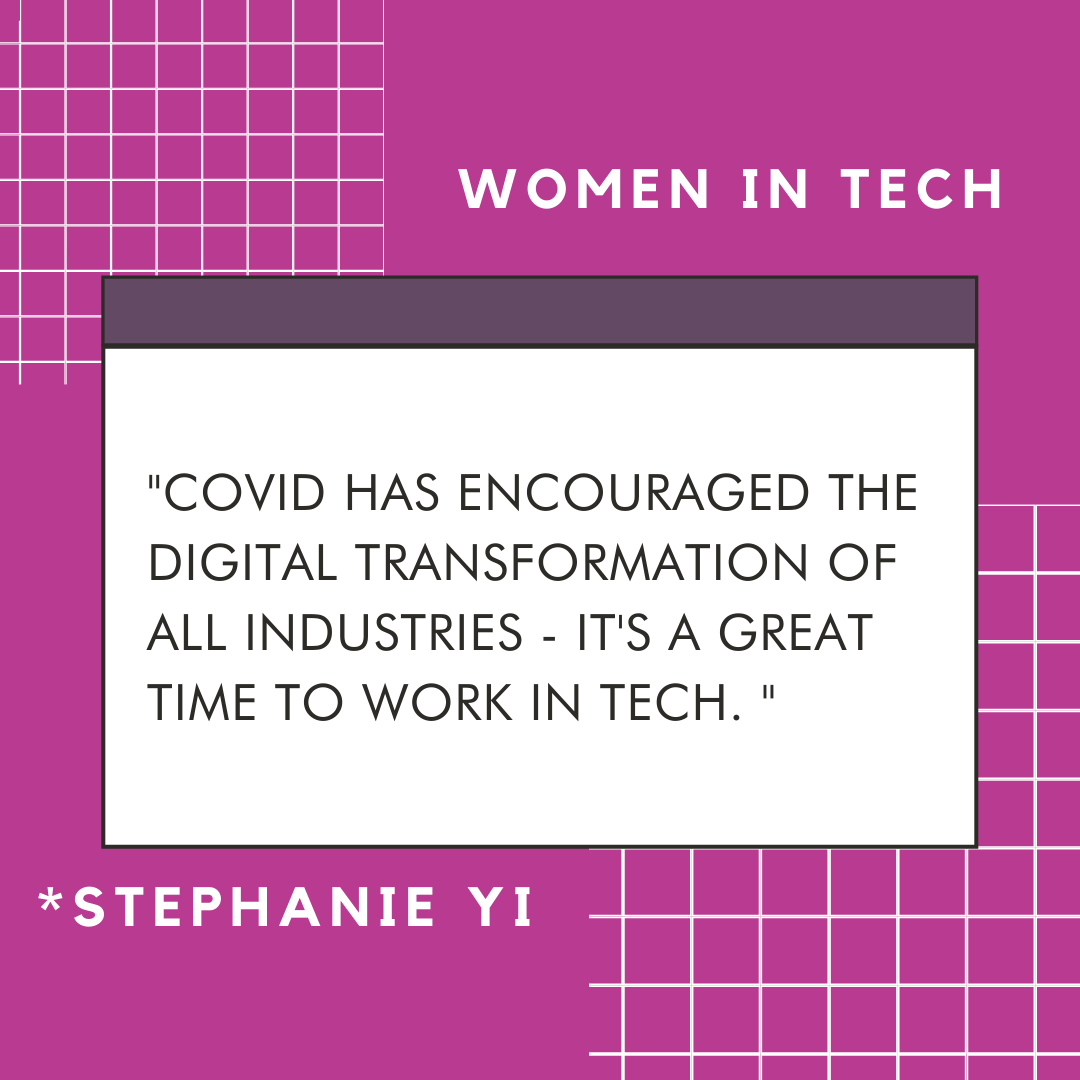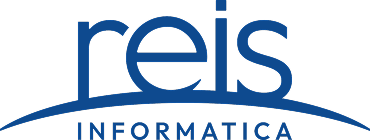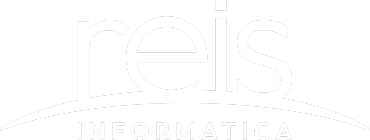I started out in the tech industry as an entry-level sales development representative at a local company called Vidyard. In University, I studied business administration and finished with a specialization in marketing. I also had some sales experience from my extracurricular activities, so selling marketing technology software seemed like the most natural fit. As I continued to excel in my career at Vidyard, I ended up at an intersection: Do I continue down the typical sales path and focus on closing new business, or do I nurture a growing interest in becoming a technical product expert? After realizing that I loved to build and recommend technical solutions, I worked to build a path to solutions consulting within Vidyard and have never looked back. I have been in pre-sales consulting/engineering now for about 5 years and love every minute of it. Currently, I am a solution engineer at Shopify.

In your opinion what should we be telling younger generations of women that are interested in the field?
The barriers to entry in this field for women are the lowest they have ever been. Take advantage of it, and elevate your fellow women.
How can women take action and ownership of their professional futures?
Always ask for actionable, measurable feedback from your lead, peers, and customers. Keep a record of all feedback provided (positive and constructive) and incorporate it into your professional development plans.
In your opinion what can businesses do to better support and empower their female workers and leaders now in the tech world?
Businesses are doing a decent job of getting women into the tech world – but they need to do more to ensure they stay there. It is not enough to get women into tech and expect them to put up with a workplace that was fundamentally not built with them in mind. Every off-handed inappropriate comment, every moment that a woman is spoken over, and every dismissal of a woman’s attempts to educate her male peers is yet another reason for women to leave the industry. Actively measure retention of people in roles by gender and hire for diversity, inclusion, and belonging roles to keep leaders accountable to building an inclusive culture within the workplace.
How do you see the future of the tech industry looking with the impact of COVID?
COVID has encouraged the digital transformation of all industries – it’s a great time to work in tech. Technology used to just be purchased by early adopter industries (aka other tech companies), but we are seeing more traditional industries adopt technology to adopt to. A great example is Public Health using Salesforce to track patient records as part of the process for administering COVID-19 vaccinations. We are at an interesting inflection point where tech doesn’t have to be isolated to the privileged few, but can be used for the better of everyone.
 Do you feel you’ve had to work harder than male colleagues to advance your career?
Do you feel you’ve had to work harder than male colleagues to advance your career? I don’t feel that I’ve had to work hard, but I do feel I’ve needed to advocate for myself more than my male counterparts. My male colleagues seem to be actively asked what they want to do next and are considered automatically for opportunities for career advancement – this kind of behaviour I do not feel extends as much to myself or my female colleagues.
What is the best professional advice you’ve ever received? The best professional advice that I’ve received is to keep a record of all the positive feedback you’ve received – whether it’s from your lead, your peers, someone you helped, or a customer. Keep a folder of these things to remind yourself of how capable you are, and how much of an impact you’ve made. It also serves as a great reminder of your accomplishments when you ask for career advancement opportunities.
What motivates you every day?


